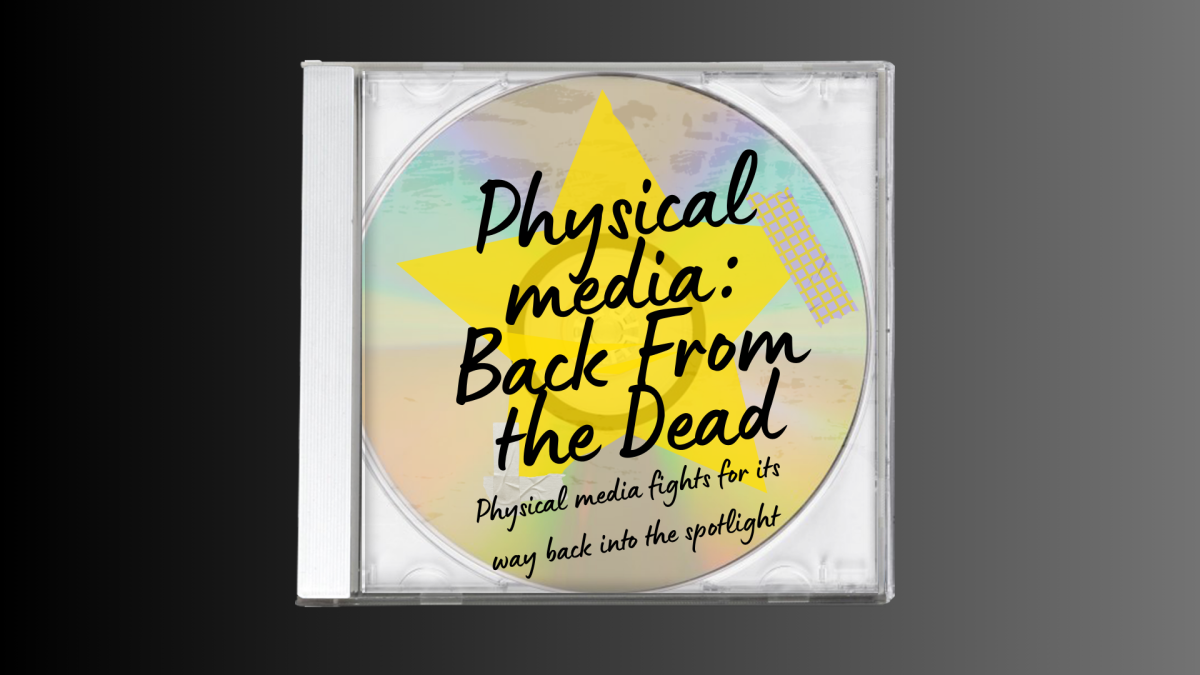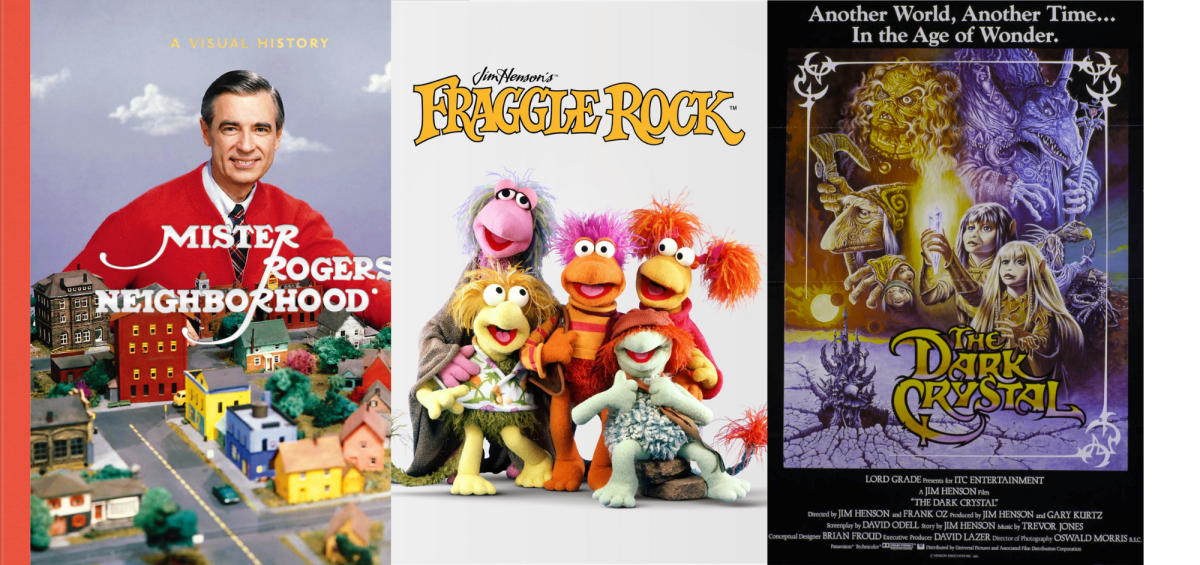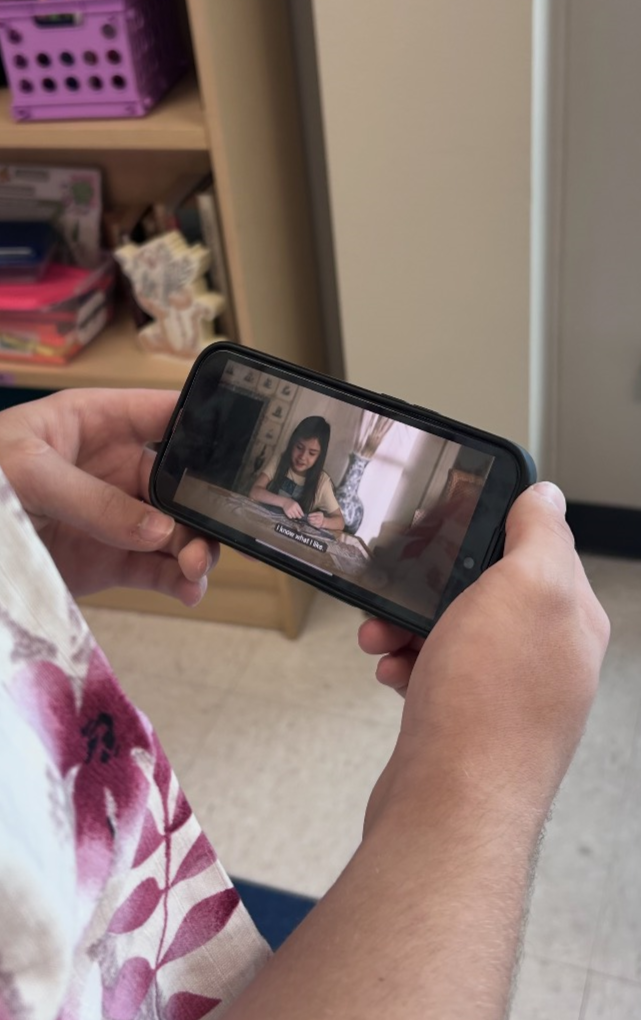This story is only dystopian if you don’t know history.

Published in 1985, Margaret Atwood’s “The Handmaid’s Tale” is a novel set in Gilead — a future version of the United States — in which traditional gender roles have been legislated by the government. Under this new rule, women are relegated to specific jobs — wives, domestic servants, Aunts (those who train Handmaids), and Handmaids (forced surrogates who have children for elite men and their wives). The protagonist of the novel, Offred, narrates her own journey as a Handmaid as she copes with the loss of her husband and daughter, the constraints of her situation, and her desire for freedom.
While the concept of forced surrogacy, or complete male authority over women, sounds fictional, all of the horrors of Atwood’s story are grounded in reality. Women’s bodies become a battleground during conflict. Colonialism and slavery inflicted these things upon the bodies of women of color for generations. War has brutalized women. Witch trials anywhere in the world have targeted women. At earlier points in history, women were unable to work outside the home, own property, or function outside of their homes or husbands.
The true discomfort of this novel should not come from the perceived extremism of its content, but from the fact that it is simply a fictional retelling of old events set in a country that takes pride in being “The land of the free.” If anything, “The Handmaid’s Tale” is a reminder that corruption takes root fast and spreads even faster.
Offred is already an adult when Gilead is formed, and much of her internal monologue focuses on the things she — and her daughter — have lost. For a book so focused on one character, these broader moments provide a beautiful commentary on what it means to be part of a larger community. How do you function when your community is broken? When you are stripped of your individual identity? How do you share the joys of what it means to be yourself? How do you share the pain to make it lighter?
It’s a poignant meditation on intergenerational loss, and the role of women as storytellers and historians of the world. Without mothers telling their daughters, friends telling each other, sisters sharing, what sense of self do we have? How do we know who we are?
This message may be even more resonant now. Reading “The Handmaid’s Tale” in a post Roe v. Wade era (the Supreme Court case that made abortion federally legal) is a complicated experience. It gave me greater admiration for the women of generations past, but it was also deeply frustrating. I couldn’t help but view the men in the story as a parade of interchangeable politicians. The annoyance I felt for the man Offred serves translated to real resentment for men on the Supreme Court making decisions, the male legislatures, governors, and congressmen from states that have severely restricted reproductive care and rights.
“The Handmaid’s Tale” deliberately focuses on these types of men, repeatedly having Offred interact with them to show their similarities and the ways they attempt to distinguish themselves. It’s almost affirming to realize how identical they are because it takes away their power — they appear ridiculous. Again intentionally, Atwood limits Offred’s interactions or relationships with other women. The government has isolated women from each other, and the audience is witness to the way this pits them against one another. There can be no female friendships when there is danger — there is only competition and a desire to survive.
This doesn’t make the story less bleak. There’s something distinctly hopeless about a world in which women are separated from each other. A world without friendship, without sisters, without mothers, daughters, aunts, feels empty.
Offred’s story may end on a note of possibility, but there is also a keen awareness that this possibility has come to her via a man. There is no promise that she will be free or that she will regain the community of women that she lost, simply the hope that she might find her autonomy again and survive in a better world of men.
I can see myself returning to this story over the years, examining it again from a new angle. But for my current self, this book will remain an important influence rather than a revelation.
7/10 would ponder Gilead again
Further breakdown:
Writing Quality: 9/10 Enjoyability: 7/10
Pace: 7/10 Visual elements: NA
Plot development: 8/10 Insightfulness: 8/10
Characters: 7/10







